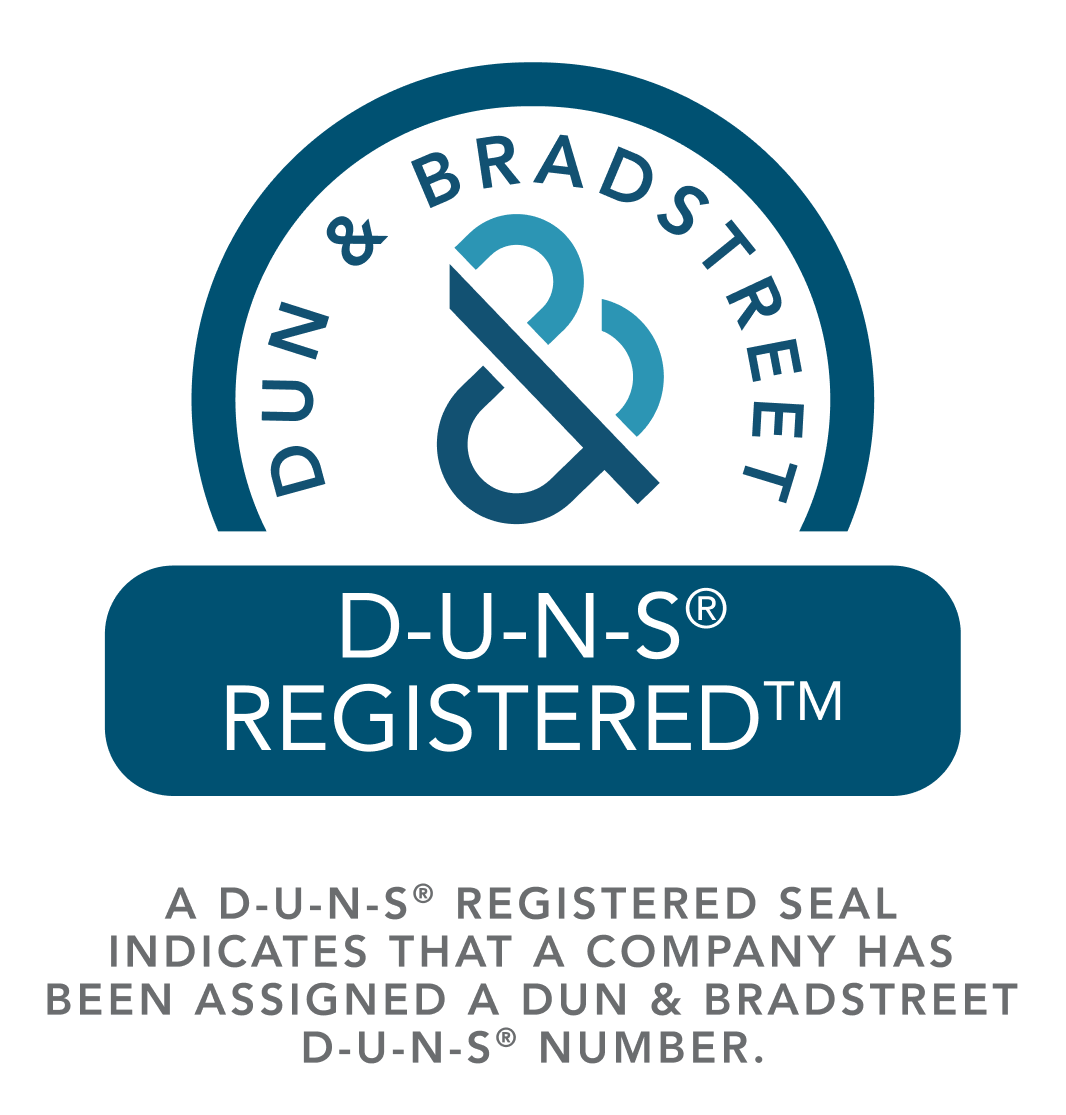Taxes, as they say, are one of life's certainties. Yet, within the vast realm of tax laws and regulations lies a term that often leaves individuals and business owners feeling utterly confounded: "Tax Home Address Documentation." What exactly does it mean, and why should it matter to you?
Understanding the intricacies of your tax home address documentation is not merely a matter of compliance; it's a key that can unlock various tax benefits and deductions.
Whether you're a pharmacist striving for financial clarity or a pharmacy owner navigating the complexities of business taxation, this blog post is your guide to unraveling the mystery behind this critical concept, exploring the implications, and providing you with the tools you need to navigate it with confidence.
Clarifying Tax Home Address Documentation
Understanding the idea of a "tax home" is crucial and can have a big impact on your finances. It extends beyond the boundaries of your family residence, reaching into the heart of your professional life. In the United States, the term "tax home" refers to the general vicinity of your primary place of employment, regardless of where your family home is located.
Tax home address documentation, therefore, would be any document that proves your primary place of work. This could be a document showing the address of your employer, a contract stating your work location, or any other document that verifies the location of your primary place of employment.
The IRS uses your tax home location to determine whether expenses for travel, meals, and lodging are deductible. If you don't have a tax home, then you are considered an "itinerant" (a transient), and your residence is wherever you work, which means you cannot deduct travel expenses.
The significance of this documentation lies in its profound impact on your taxation. It determines the allocation of your income among different tax jurisdictions and influences your eligibility for various tax deductions, credits, and benefits.
Common Scenarios Requiring Tax Home Address Documentation
In the United States, the IRS allows you to deduct lodging expenses if they are considered necessary and reasonable for your business or work. Tax home address documentation is a crucial aspect of managing your tax affairs, particularly in situations where your work or living arrangements are not straightforward. Here are some common scenarios in which you may need to provide documentation for your tax home address:
i. Temporary Assignment
The expenses must be incurred while you are working away from your tax home on a temporary assignment. If you are away from your tax home indefinitely or for an entire tax year, the IRS considers your tax home to have moved to your work location, and you cannot deduct lodging expenses.
ii. Ordinary and Necessary
The expenses must be considered ordinary and necessary for your line of work. "Ordinary" means it is a common and accepted expense for your type of work. "Necessary" means it is a helpful and appropriate expense for your business or work.
iii. Duplication of Expenses
You must incur expenses to maintain two separate households: one at your tax home and one at your temporary work location.
iv. No Lavish or Extravagant Expenses
The expense should not be lavish under the circumstances.
What documents are used to determine if lodgings are deductible?
Documents that could be used to determine if lodgings are deductible may include:
Employment Contract or Letter from Employer
A document showing the duration and location of your temporary assignment.
Receipts
Receipts for your lodging expenses that show the amount paid, the date, and the location.
Written Explanation
It's a good practice to document the business purpose of your trip and why lodging was necessary. This can be done in the form of a written statement or memo.
Lease or Mortgage Documents
A copy of your lease or mortgage documents for your primary residence (tax home) showing that you maintain a home in another location.
Travel Records
Any other travel records or documents that show you are away from your tax home on a temporary assignment.
Per Diem Rates
If you are using the per diem method to deduct lodging expenses, consult the IRS's standard per diem rates for the location of your stay. You may need to document that the actual expenses did not exceed the applicable per diem rate.
It's essential to keep these documents organized and readily accessible in case of an IRS audit or when filing your tax return. While you may not need to submit these documents with your tax return, having them on hand is crucial to substantiate your deductions if the IRS requests verification. Additionally, consult with a tax professional or accountant to ensure you comply with all tax rules and regulations when deducting lodging expenses.
It's important to note that the IRS has specific guidelines for what is considered "temporary" versus "indefinite" when it comes to work assignments. Generally, an assignment in a single location is considered temporary if it is expected to last for one year or less, and is considered indefinite if it is expected to last for more than one year. However, the IRS looks at the facts and circumstances of each situation to decide.
Please consult a tax professional or the IRS guidelines for more detailed information, as this is a general overview and the tax laws are subject to change.
It's important to note that the IRS has specific guidelines for what is considered "temporary" versus "indefinite" when it comes to work assignments. Generally, an assignment in a single location is considered temporary if it is expected to last for one year or less, and is considered indefinite if it is expected to last for more than one year. However, the IRS looks at the facts and circumstances of each situation to decide.





